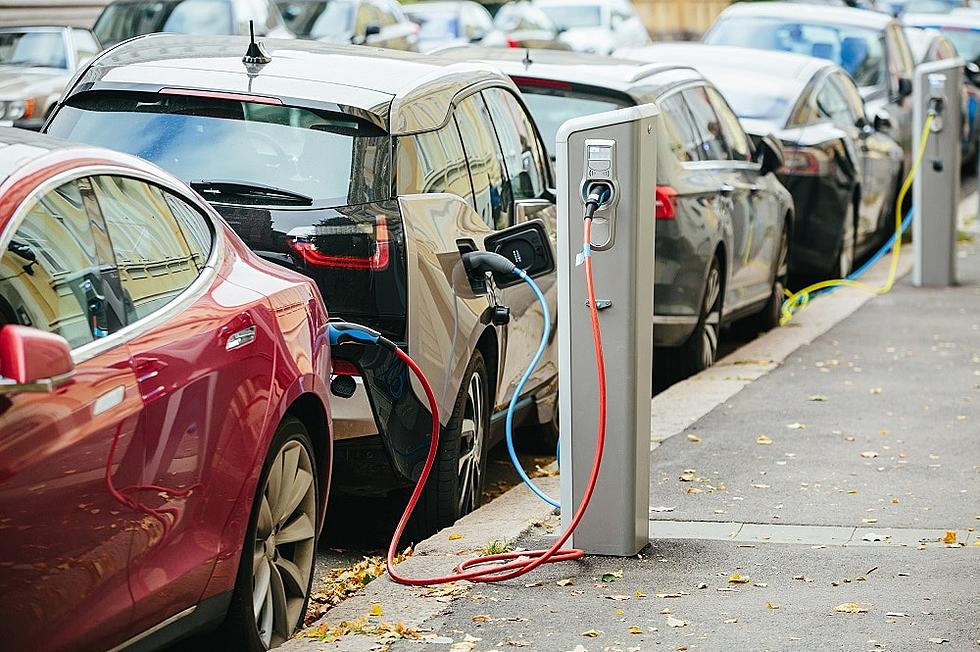
Automakers Are Gearing Up For Electric Vehicles
I think nearly all of us saw this coming. With all of the focus to eventually phase out internal combustion engines, numerous automakers are in a hurry to build factories that will produce electric vehicles and batteries.
Although their time table is still up in the air, Toyota plans to build a new $1.29 billion factory here in the United States but they haven't said where yet. Their plan is to manufacture batteries for both hybrid and fully electric vehicles starting in 2025. Wherever they do decide to build it, the plant should be good news for the economy there as they look to ramp up production with close to two thousand employees.
Ford and General Motors had announced a while back plans to build five battery factories as they see the switch to electric coming. I'm sure that prompted Toyota, Stellantis, Volvo, and Foxconn to announce that they are also now making plans to produce electric vehicle component and assembly plants.
According to LMC Automotive, out of around 80 million new vehicles sold globally, only about 4.8% run solely on electricity.
That of course means a lot of money is going to be spent by the auto manufacturers betting that the public will follow their transition and supply the demand that will be required to sustain continued production. It's predicted that as more battery-electric models become available and as governments increase emissions requirements, the share of electric vehicles will rise quickly.
The consulting firm Alix Partners is predicting that gas and diesel powered vehicle sales which add up to about 89% of the market will by 2030 dwindle to sales of around 39%. The consulting firm is also predicting that the sale of gas-electric hybrids which have been around for some time now and run on a combination of gas and electricity will rise from where they are now at about 7% to around 33% by 2030.
Chris Reynolds, chief administrative officer for Toyota in North America, said in an interview with The Associated Press....“All of us are trying to get a fix on how customers will accept electric vehicles, we don’t know for sure, but we have to be ready.”
The announcements being made by the companies mentioned, for the most part have been lacking in numerous details about where and when they will be built, when will they start production, and how many jobs will be created.
Jeff Schuster is president of global vehicle forecasting for LMC Automotive and said "that's because it's “in vogue” for automakers to make such announcements, which are well-received by investors. But he said the plants will be necessary, especially in the U.S., where battery manufacturing capacity was lagging Europe and China." Schuster went on to say “Behind the scenes this has been building as we look at moving to electric vehicle technology globally. This is the foundation. You need the batteries before you can get there.”
For the full story, click here.
How do you feel about making the transition to an electric vehicle and perhaps you already have. Please give us your thoughts.

LOOK: See how much gasoline cost the year you started driving
Texas Companies, From A to Z
More From 103.1 KKCN









